Dividing her time between her family’s sheep station in western NSW, her PhD trials in central NSW, and research trips to South East Asia, Anika Molesworth is a high achieving young woman on a mission to ensure the Australian agricultural industry will be successful and sustainable in the face of a changing climate.
Anika is currently in the final year of her PhD on methods to recycle and revalue agricultural byproducts to improve soil fertility. Her family property, like many others across Australia, has faced rolling years of drought, meaning that upskilling and diversification has been critical.
Here are some insights into responding to climate risk from our chat with Anika.
This episode is the first of four that we will be releasing on the theme of “responding to climate risk.” This theme is brought to you in partnership with the Australian Farm Institute.
Play to your strengths
Anika’s family moved to their 10,000 acre property in Broken Hill just before the grips of the millennium drought took hold. Needing to design and implement a practical, sustainable production system as first-time farmers was no easy feat.
‘‘We had to adapt very quickly to our new environment [and figure out how best] to manage our impacts on the property. We began researching what would be the best way for us to be the best food producers for that property. The drought amplified the fragility of the region and how crucial it was for us to champion sustainable farming practices.”
Anika’s parents have environmental backgrounds , so taking a holistic approach to their farming enterprise was the natural course of action. They set out building on existing infrastructure, establishing dams to improve water security, and fenced off conservation reserves to support the growth of rare and endangered species found on their property.
The Molesworths bucked the trend of Hereford cattle and merinos to establish one of the first herds of African Damara sheep, known for their hardy adaptability and high birthing rate. They also were able to harvest rangeland goats- protecting wildlife corridors while generating another income stream. Playing to their strengths and designing a production system for their property that was both profitable and sustainable has been the key to the Molesworth’s success.
Change the conversation to take action on the rural/urban divide
Anika explains that most of the Australian population (89%) is urban dwelling, while farmers comprise only 1% of the population. Yet Aussie farmers provide 93% of the food consumed. To Anika, the largely urbanised population is contributing to a growing disconnect between producers and consumers. As the mounting pressures of climate change are forcing producers to do more with less, it is becoming increasingly difficult to meet consumers' ever-changing demands. Farmers of course have a role to play in this (and tech can help!), as does policy and market prices. Ultimately, though, all of us as consumers have a role to play in helping farmers respond to climate risk.
“We’re all responsible for our common home, for this planet. We all have an impact upon it and we are all accountable for our actions and we don’t get anywhere by pointing the finger at others and saying that our problems are their problems.”
Anika outlines three ways for consumers to take action:
Vote with your dollar- put your money towards goods and services that are doing right by the planet
Demand political change- Be informed about politician’s views, and demand strong, ambitious climate change and energy policies
Amplify your voice- use tools like social media, blogs, and podcasts to, as Anika says, “amplify both the challenging experiences we are facing, but more importantly that the solutions are out there.”
Speaking- and sharing- the language of the land
Technology solutions on farm are one way for farmers to respond to climate risk. Farmers can also use technology to be advocates and amplify their message to the world.
Anika has done this in many ways, quickly becoming one of agriculture’s most sought after commentators on climate. She’s given a TEDX Talk (Farmers are the key to a better future), launched the Climate Wise Agriculture platform to connect land managers and researchers, presented at the UN Paris COP21 climate meeting, joined the board of Farmers for Climate Action, and was recognized as the 2015 Young Farmer of the Year.
Often working remotely from Broken Hill or on the road, Anika’s influence would not be possible without technology. But her advice for others looking to do the same is to keep it simple. She believes that the most effective building blocks are not complex communications plans; simply tweeting a photo, sharing a short video recording, or posting an article can make a difference.
“Farmers naturally have great storytelling ability...Aussie farmers are some of the best farmers in the world, the ways we produce food and fibre is something Australian farmers are incredibly proud of”
The next generation of climate ag-vocates
Anikas advice for the future caretakers and stakeholders of the Australian agricultural landscape is one of positivity and resounding ambition.
“Channel your inner leader. Drive positive change. [Ask yourself], how am I going to make a difference? Maybe I can't change the world, but maybe I can change my world”.
Decision making for future generations- on farm and in cities- will continue to be driven by the wealth of information in our pockets. It’s up to you how you use it.
This episode is the first of four that we will be releasing on the theme of “responding to climate risk.” This theme is brought to you in partnership with the Australian Farm Institute.


